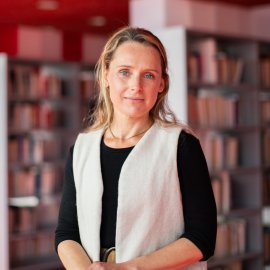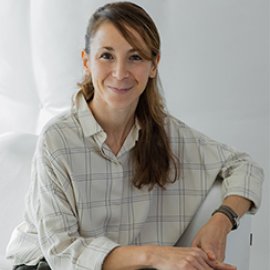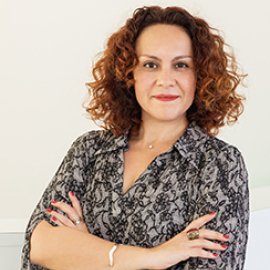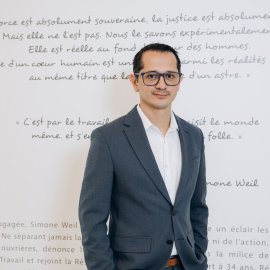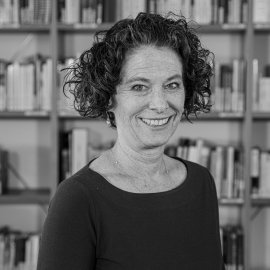The essential
How are contemporary crises redefining practices and discourses around goods and property? In what ways can the concept of the commons offer solutions to current environmental and societal challenges? How can non-hegemonic knowledge and practices build forms of resistance to globalized, extractivist capitalism? What power dynamics emerge in the collective management of shared knowledge and resources?
This year, the Institut d'études avancées de Nantes is opening the first call for applications for its Commons Chair.
This Chair is one of three thematic Chairs developed by the Institute. Its design reflects an evolution in the Institute's research focus, and its interest in hosting projects with themes related to current questions and issues. The Chairs also contribute to opening up the Institute's activities to its territory and to new audiences.
The Commons Chair provides a framework for developing thinking about the commons in the context of current crises. This approach is in line with the Institute's historic ambition to “liberate thought”, but also with its desire to enrich its new line of work around the notion of “ecumene” and the relationship between knowledge and power in our societies.

Commons: knowledge, power and crises
The Commons Chair at the Institut d'études avancées de Nantes is a space dedicated to the study and analysis of practices and knowledge related to the commons. The projects it develops are designed to foster reflection and interaction around the concept of the non-appropriability of certain goods, knowledge or resources considered to be common and shared by communities, ecosystems or territories.
The commons can be approached as forms of community organisation, as a set of democratic practices of resistance or as regulatory and modifying institutional practices. They emerge in a context of globalisation, dependent on an extractivist and financialised economy and based on the rise of individualism, capitalism and the logic of private property.
The commons are both knowledge and practices. Understood as a democratic and egalitarian process, they necessarily imply reciprocity and interdependence.
In this sense, certain approaches to the commons echo non-hegemonic cultural concepts and rules, such as buen vivir in Ecuador and Bolivia, the k'usil balumil ecology of Zapatista thought, or the ubuntu shared humanity of Bantu languages.
The Commons Chair is conceived as a three-year cycle. This first edition is entirely supported by the Institute.
Résidence 2025-2026
Possible types of application
Two types of application are possible for this Chair:
- A collective application by a team of three people with different backgrounds, who will come together to develop a joint project for 3 months at the Institute.
OR - An individual application that will enable a person to join the Institute with a research project that he/she will develop over 9 months.
Unlike traditional applications, it is not necessary to hold a doctorate or have a university research post to apply for the joint Chair.
For both group and individual applications, projects led by women, people from sexual and/or gender minorities or from communities that are particularly vulnerable in the context of the globalisation of risks are particularly welcome.

Steering committee
The Steering Committee of the Commons Chair is composed of:
- Isabelle BRUNO, University of Lille
- Sophie HALART, Pontificia Universidad Católica de Chile
- Luis MORA RODRIGUEZ, University of Costa Rica
- Susie-Shannon PORTER, The University of Utah
- Nashieli RANGEL LOERA, University of Campinas, Sao Paulo (Brazil)
This first edition of the Commons Chair is entirely supported by the Institut d'études avancées de Nantes. Partnerships are currently being developed.

